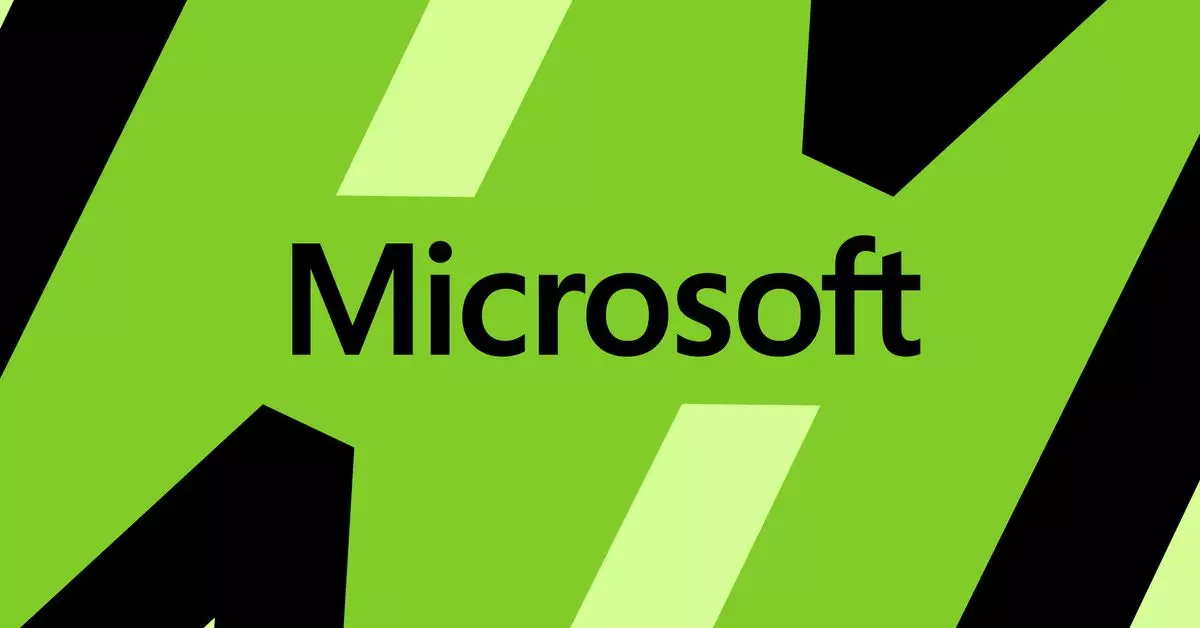Microsoft has recently launched its latest version of the Phi-3 Mini lightweight AI model, signaling a shift towards smaller, more efficient models in the AI landscape. This model, with 3.8 billion parameters, is the first of three small models planned for release by the company. With a focus on performance and cost-effectiveness, Phi-3 Mini is set to make waves in the AI community.
In a world dominated by large language models like GPT-4, Microsoft’s decision to focus on smaller AI models is a bold one. Parameters, which indicate the complexity of instructions a model can understand, are often used as a metric for comparing AI models. By releasing Phi-3 Mini, Microsoft is challenging the notion that bigger is always better in the AI space.
According to Eric Boyd, corporate vice president of Microsoft Azure AI Platform, Phi-3 Mini is as capable as larger models like GPT-3.5, but in a more compact form factor. Microsoft’s aim with Phi-3 Mini is to provide responses that are on par with models ten times its size. This improved performance opens up new possibilities for smaller AI models in various applications.
While Microsoft is leading the charge with Phi-3 Mini, other tech giants are also investing in smaller AI models. Google’s Gemma 2B and 7B models are tailored for tasks like chatbots and language-related work. Anthropic’s Claude 3 Haiku specializes in reading and summarizing dense research papers. Meta’s Llama 3 8B is designed for chatbots and coding assistance. The competition in the lightweight AI space is fierce, with each company bringing its own unique strengths to the table.
Boyd revealed that Microsoft trained Phi-3 using a “curriculum” inspired by how children learn from simplified language and structure. By feeding the model a list of words and asking it to create “children’s books,” Microsoft was able to teach Phi-3 in a more accessible way. This iterative approach to training has led to significant improvements in coding and reasoning capabilities from Phi-1 to Phi-3.
While Phi-3 and its counterparts may not have the breadth of knowledge of larger models like GPT-4, they excel in specific applications tailored to individual companies. Smaller models like Phi-3 are well-suited for custom applications, particularly for companies with smaller internal datasets. This customization allows for more efficient and effective AI solutions in niche areas.
Microsoft’s release of Phi-3 Mini marks a significant step towards the adoption of lightweight AI models in the industry. With improved performance, cost-effectiveness, and customization options, these smaller models are set to revolutionize the way AI is applied in various fields. As technology continues to advance, the future looks bright for the Phi-3 family and other small AI models on the horizon.


Leave a Reply
You must be logged in to post a comment.